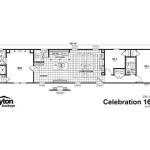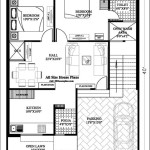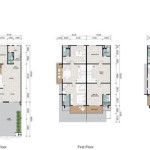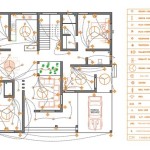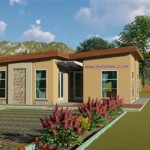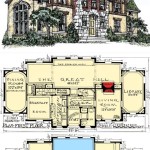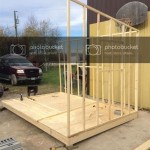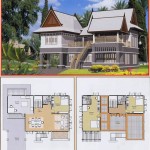Green Home Plans: Essential Aspects for Energy Efficiency
In an era of growing environmental awareness, adopting energy-efficient housing practices has become imperative. Green home plans offer an array of benefits, from lowering utility bills to reducing carbon footprint. By incorporating sustainable design principles, homeowners can create comfortable, healthy, and environmentally responsible living spaces.
One of the core aspects of green home planning is maximizing natural light and ventilation. Ample windows and skylights allow for passive solar heating, reducing the reliance on artificial lighting and heating systems. Cross-ventilation promotes air circulation and eliminates the need for excessive air conditioning.
Insulation is another crucial factor in energy efficiency. Proper insulation can significantly reduce heat loss in winter and heat gain in summer. It is essential to insulate walls, ceilings, roofs, and any other areas where warm or cool air can escape. Advanced insulation materials, such as spray foam and cellulose, provide superior thermal performance compared to traditional insulation options.
Energy-efficient appliances and lighting contribute significantly to reducing household energy consumption. Look for appliances with ENERGY STAR ratings, which indicate compliance with strict energy efficiency standards. LED lighting consumes less energy and lasts longer than incandescent or fluorescent bulbs. Energy-efficient fixtures like ceiling fans and programmable thermostats further enhance energy savings.
Renewable energy systems can also be integrated into green home plans. Solar panels convert sunlight into electricity, reducing reliance on fossil fuels and lowering electricity bills. Installing a solar water heating system can eliminate the need for a conventional water heater, further reducing energy consumption.
Water conservation is another important aspect of sustainable home design. Low-flow fixtures, such as toilets and showerheads, reduce water usage without sacrificing comfort. Drought-tolerant landscaping minimizes the need for irrigation, saving both water and energy.
In addition to these essential aspects, green home plans often incorporate sustainable building materials. Recycled or sustainable materials like bamboo, reclaimed wood, and cork reduce the environmental impact of construction. Low-VOC (volatile organic compound) paints and finishes improve indoor air quality and reduce potential health hazards.
By embracing these principles in home design, individuals can create comfortable and healthy living spaces that minimize their environmental footprint. Green home plans not only save energy and reduce utility bills but also contribute to a more sustainable and environmentally responsible future.

21 Green Homes Energy Efficient Home Designs Ideas House Plans Design
Green Home Plans Saving Water

30 Green Home Floor Plans Ideas House Modern Style Design

Green Building Designs Plans And Guidelines

How To Make Your Home Net Zero Efficiency Vermont

Green Passive Solar House Plans 3

The Harper Offers Very Best In Energy Efficient Home Design From Green Homes Take A Look At Double House Floor Plans

Cool Energy Efficient Concrete House Plans Houseplans Blog Com

Hydra New Home Design Energy Efficient House Plans Floor

Sustainable Off Grid Home Design Diy Energy Efficient Green Passive Solar And Affordable

